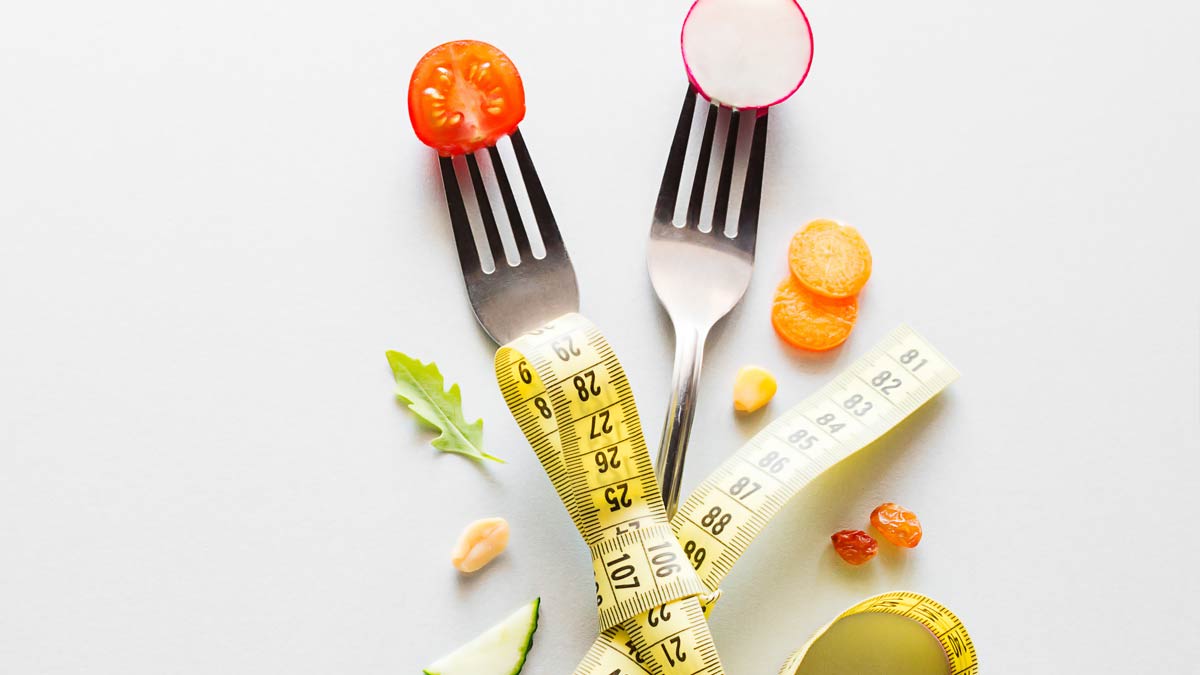Fads come and go: the pet rock, the hula hoop and diets. And, after the holiday season, it might be tempting to consider burning off some of those festive calories with a “fad” or “crash” diet.
But are these sometimes exotic eating regimens good or bad for you?
HealthLinks asked the experts to review a few of the most popular diets and “weigh in” on their benefits and drawbacks. We called on Jerry Back, MD, an internal medicine physician at Trident Medical Center in Charleston, and Debbie Milne, MS, RDN, CSSD, a clinical and sports dietitian at Bon Secours St. Francis Health System in Greenville. Here’s what they had to say:
The Ketogenic or Keto Diet:
This is a high-fat, adequate-protein, low-carbohydrate diet. If you can remember the Atkins diet, you know pretty much everything you need to know about Keto.
“I don’t think it’s medically sound,” Dr. Back said, adding that very few people can stay on such an extremely low-carbohydrate plan.
Milne noted that while Keto “may be effective for weight loss,” it is really “a short-term fix.”
“Research has shown that people who lose weight using a temporary weight loss diet usually regain it when they discontinue the interventions,” she said.
Paleo or “Caveman” Diet:
Essentially, you eat as our forebears did about 100,000 years ago, except you don’t have to move into a cavern and squat around a campfire – meat, fish, vegetables, roots and nuts are OK. You can’t have anything our ancestors didn’t have, and that includes dairy products, salt, refined sugars, legumes (beans) and processed oils.
Dr. Back said, “I think that there’s a lot more marketing than science behind this diet.”
Milne sees some merit in the paleo diet, as it may help avoid chronic degenerative diseases through avoidance of added sugar and highly processed foods. One objection she had is that it eliminates beans “and there’s plenty of evidence that beans are very beneficial in a primarily plant-based diet.”
Snake Diet:
The good news is that you don’t have to eat snakes. The bad news is that it requires fasting for up to 72 hours and recommends drinking a potion that sounds like the witches’ brew in “Hamlet.” (More good news: Eye of newt and toe of frog aren’t included.)
Dr. Back, unfamiliar with the specifics of the snake diet, said when given its details, “On balance, this diet makes no sense.”
Milne observed that “some societies may practice fasting occasionally for shorter periods of time or within a day, but fasting for as long as 72 hours leads to bingeing for a lot of people. There’s a primal urge to eat, and restriction can lead to bingeing.”
Anti-Inflammatory Diet:
This regimen focuses on fruits, vegetables, beans, nuts and fatty fish and is widely regarded as healthy. Dr. Back said he has presented this diet to some of his patients. He and Milne agreed that it’s similar to the Mediterranean diet, which is endorsed by many medical professionals.
Whole 30 Diet:
This more restrictive diet eliminates sugar, alcohol, grains, legumes, soy, dairy and natural sweeteners such as honey and maple syrup. Termed by US News & World Report as “bizarre” and “one of the worst trends in health,” Whole 30 struck Dr. Back as “making no sense” because it removes virtually all fiber from one’s diet.
Milne added, “I’m not a fan. For one, it’s militantly against all sugars, and there’s plenty of evidence that whole grain can be very beneficial.”
Both Back and Milne felt that regimens such as the Mediterranean diet and DASH (dietary approaches to stop hypertension) offer greater benefits and fewer downsides than any of the fad diets.
Both Back and Milne pointed out that fad diets target only weight loss, and weight is only one aspect of the big picture of your health. Absent any specific medical conditions that call for a unique diet, eating sensibly and moderately – and eating slowly and chewing thoroughly – are much more likely than any fad to offer you a lifestyle you can live with healthfully.
And, your social life won’t suffer when you go out to supper with friends and announce, “No menu for me. I’m on the Saharan diet. All I can have are mung beans, kale and sand.”
By Bill Farley







